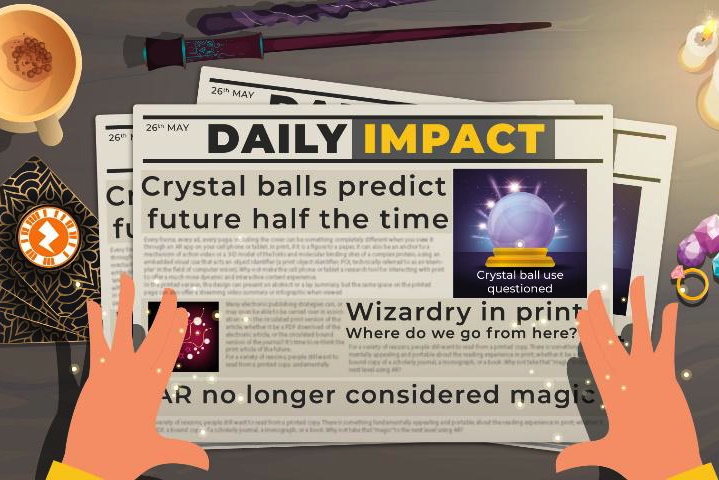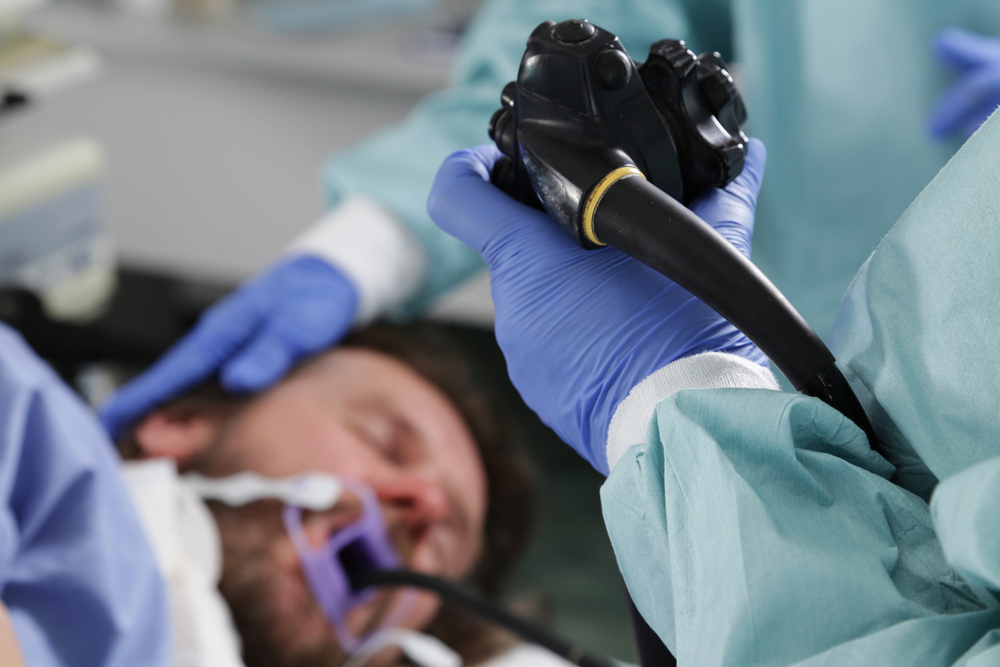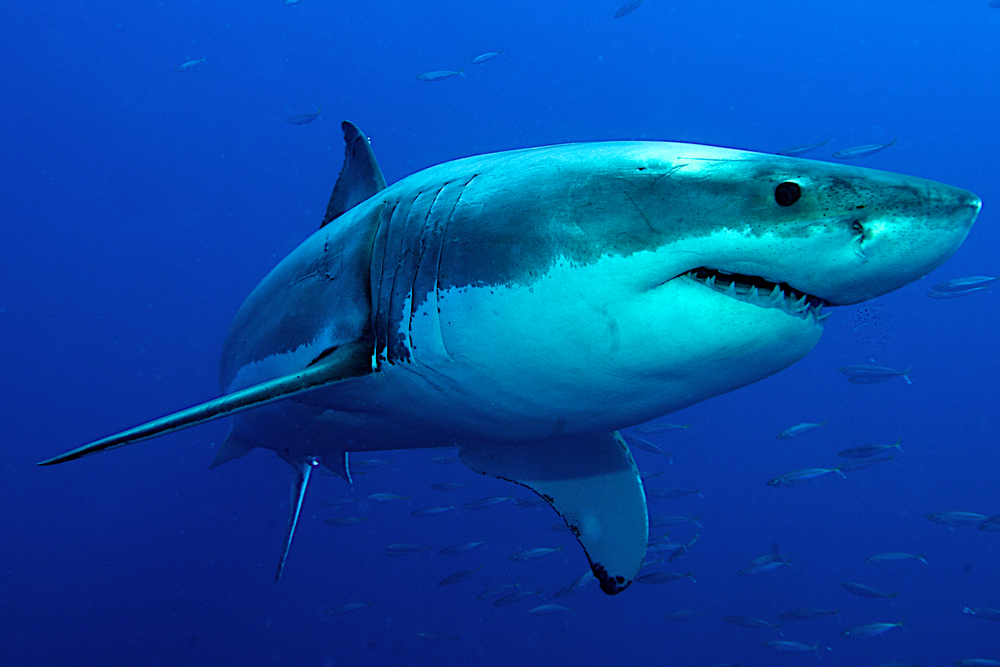
Three of my intrepid colleagues – Greg Blackman, Eleanor Waters, and Warren Clark – are currently hard in training, preparing to take part in the Cambridge Half Marathon next month, writes Tim Gillett.
While this is worthy news in itself – and I am full of admiration for anyone who can run 13 miles – I’m particularly impressed by the group’s chosen charity, FoodCycle. Greg, who is a senior editor at Europa Science, has been volunteering for the charity for the last seven years.
Foodcycle is a national charity that builds communities through surplus food, volunteers and spare kitchen spaces. Volunteers create tasty three-course meals for vulnerable people across the UK, and are united by the simple belief that food waste and food poverty should not co-exist.
Surplus food is food that is fit for human consumption but has no commercial value for a retailer. This food may have become damaged in transit, might be past its ‘best before’ date or might have been over-ordered. It’s still perfectly good food, and the charity puts it to good use.
In the UK alone, an estimated 12 million tonnes of food is wasted each year, while four million people are affected by food poverty. FoodCycle is doing something about this by making use of edible food to create nutritious three-course meals for those who need it.
FoodCycle works with supermarkets, small independent grocery shops and markets to source perfectly edible surplus food in a safe and responsible way. It only reclaims fresh fruit and vegetables, while it buys extra ingredients such as dried foods to make its meals as balanced and nutritious as possible.
The charity works in the most deprived communities to support vulnerable groups including older people, homeless people, refugees and asylum seekers, people affected by mental ill health and people on low incomes. All of our projects work with a community partner that addresses an identifiable need within their community, and offers local expertise on the problems their community faces.
Food poverty is the inability to get enough healthy, affordable food. This can be due to lack of income, poor transport to local shops, knowledge about what constitutes a healthy diet, and the skills to create healthy meals. Due to this complex mix of factors, people on low incomes have the lowest intakes of fruit and vegetables and are far more likely to suffer from diet-related diseases such as cancer, diabetes, obesity and coronary heart disease.
FoodCycle works in a different way from a food bank: addressing food poverty by providing a hot, nutritious three-course meal rather than items for people to take home. By providing a sit-down meal in a warm and welcoming atmosphere, we work to reduce social isolation – as people who often feel excluded get the chance to mix with others and feel a valued part of their community. Volunteers sit down and eat with guests and have a chat, and meals are served with warmth and dignity.
The very best of luck to Eleanor, Warren and Greg! To sponsor them, and raise money for a fantastic cause, please visit https://www.justgiving.com/fundraising/teameuropascience




